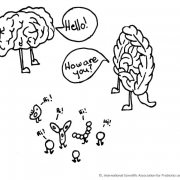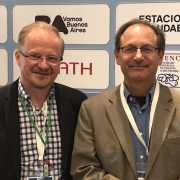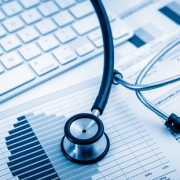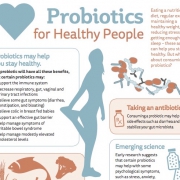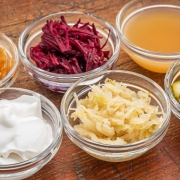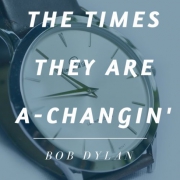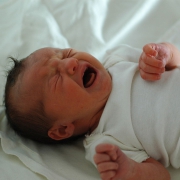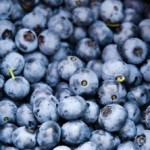Episode 2: Why mechanistic research on probiotics is captivating and important
Podcast: Play in new window | Download
Subscribe: Apple Podcasts | Spotify | RSS
The Science, Microbes & Health Podcast
This podcast covers emerging topics and challenges in the science of probiotics, prebiotics, synbiotics, postbiotics and fermented foods. This is the podcast of The International Scientific Association for Probiotics and Prebiotic (ISAPP), a nonprofit scientific organization dedicated to advancing the science of these fields.
Why mechanistic research on probiotics is captivating and important, with Prof. Maria Marco
Episode summary:
In this episode, the ISAPP hosts discuss probiotic mechanisms of action with Prof. Maria Marco, University of California, Davis. Prof. Marco is a well-known probiotic researcher with special expertise in food-associated lactobacilli. Here she explains how studying probiotics in food science can lead to fundamental insights in biology. She shares why it’s important to understand probiotic mechanisms of action, and describes how scientists go about identifying which compounds or pathways are important for probiotic health effects.
Key topics from this episode:
- The search for probiotic mechanisms of action: why this research is essential and the added value of this type of research for the end consumer.
- What we now understand about probiotic mode of action: probiotic mode of action for different strains is mediated by multiple working mechanisms, from cell-wall-associated molecules to bacteriocin production and metabolite synthesis.
- How researchers set the stage for studying probiotics’ mode of action, from large scale screening, to molecular techniques focusing on single molecules and genome comparisons between strains.
- Whether we need to apply something similar to Koch’s postulates when talking about the effects of probiotics.
- The potential effects of food or delivery matrix on a probiotic mechanism of action.
- What we can learn from the postbiotic research, which can help inform probiotic mechanisms of action.
- The most exciting developments in probiotic mode of action research in the past 10 years and the future of this area of research.
Episode links:
The International Scientific Association for Probiotics and Prebiotics consensus statement on the scope and appropriate use of the term probiotic
Prof. Marco refers to two of her mentors, Willem De Vos and Michiel Kleerebezem
See this overview of Koch’s postulates
Additional resources:
Bacterial genes lead researchers to discover a new way that lactic acid bacteria can make energy and thrive in their environments, ISAPP blog post featuring recent work from Prof. Marco’s lab
About Prof. Maria Marco:
Maria Marco is a Professor in the Department of Food Science and Technology and Chair of the Food Science Graduate Group at the University of California, Davis. She received her PhD in microbiology from the University of California, Berkeley and then was a postdoc and project leader at NIZO Food Research, The Netherlands. Dr. Marco has 20 years’ experience investigating fermented foods, probiotics, and diet-dependent, host-microbe interactions in digestive tract. Her laboratory at UC Davis is broadly engaged in the study of food and intestinal microbiomes and the ecology and genetics of lactic acid bacteria.


